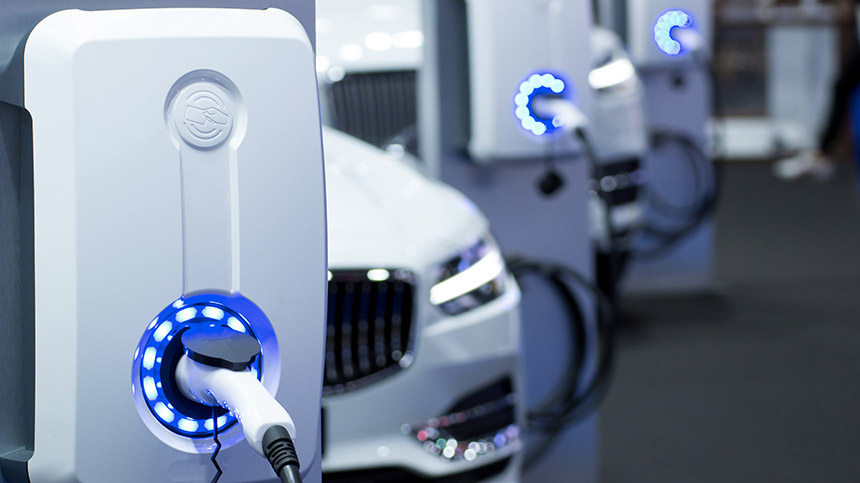
Electric vehicles are being ‘normalised’ for UK drivers with half of motorists now owning one or knowing someone who does.
The survey of nearly 6,500 people, carried out by YouGov and analysed by Persuasion UK and IPPR, also found that 55% of respondents now view EVs positively.
Those who are still skeptical about the move to electrification have practical concerns around cost and convenience rather than a clear preference for driving petrol or diesel vehicles.
The research also found that familiarity and acceptance of EVs is growing across the board, with 40% of non-graduates and 44% of those on average incomes driving an EV themselves of with a friend of family member who does.
With government committed to the 2030 phase out of the sale of new petrol and diesel vehicles, the findings suggest that EV uptake would be further supported by financial incentives for private buyers, and greater confidence in public charging infrastructure.
EVs now normalised for UK drivers
Sam Alvis, IPPR associate director for environment, energy security and nature, said:
“If government is looking for ways to improve people’s lives in ways they themselves want to see, there are few better places to start than transport.
“We know the public wants it to be cheaper and easier to get around, and that people see EVs as a positive step they can take towards energy security. Government needs to help them in taking that step by sorting out off-putting problems with charging, and making it easier for a wider range of people to buy an EV.”
Steve Akehurst of Persuasion UK added:
“This research shows that EVs are becoming increasingly normalised across the UK but that it would be a mistake for the government to assume that there is nothing more to do. To avoid a backlash the government must minimise the cost and inconvenience of EVs while persuading the public that switching is necessary to protect the environment and create energy independence.”








